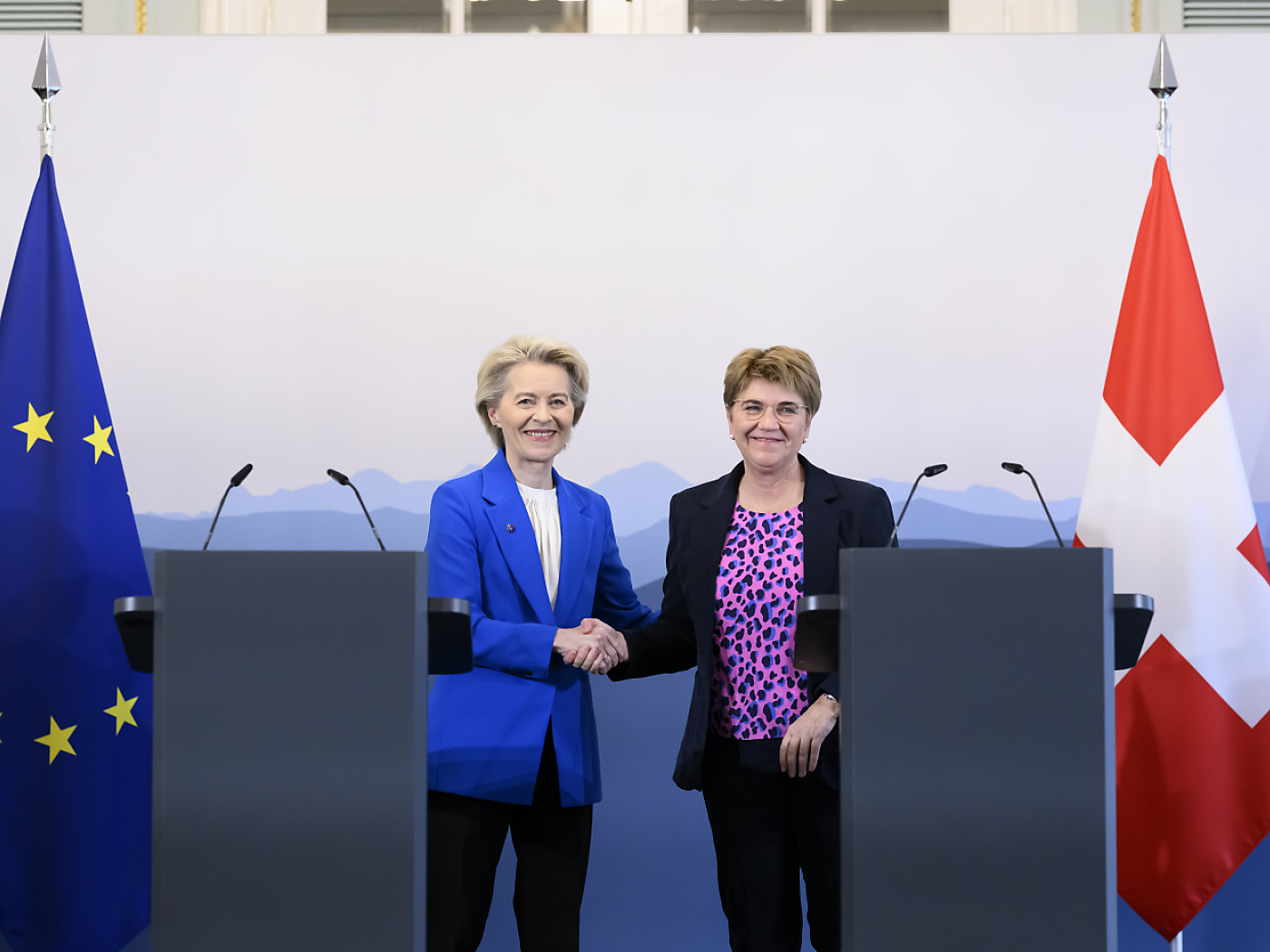From coercion to ‘no means no’: Switzerland updates its definition of rape

On Wednesday, the government announced that Switzerland will begin implementing the new law on sexual offences from July 1, 2024. The much-awaited legislation includes an overhaul of the rather restrictive current definition of sexual coercion and rape.
The Alpine nation was criticised by the Council of Europe Convention on preventing and combating violence against women and domestic violence (Istanbul Convention), of which it is a signatory, for requiring the need for threats, force or psychological pressure as a pre-condition for an offence to be classified as sexual coercion or rape. In addition, only non-consensual vaginal penetration of a woman by a man was considered rape.
The new law will no longer require force to be a precondition and any non-consensual penetration, whether oral, vaginal or anal, of a man or woman will be considered rape.
“The revised criminal law on sexual offences in Switzerland is a very important milestone compared to the outdated legislation, which defined the offence of rape very narrowly and regularly inflicted injustice on victims of sexual violence,” Cyrielle Huguenot, a campaigner on women’s rights with the Swiss section of Amnesty International, told SWI swissinfo.ch by email.
Thorny issue of consent
One aspect of the new law that divided the Swiss parliament was the issue of consent. The House of Representatives was in favour of an affirmative approach that is also known as “only yes means yes”. This means that the determining factor is consent based on free will. Under this model, passivity, silence, lack of consent or resistance cannot be deemed to be consent. A total of 14 countries in the European Union (EU) have adopted this model with varying degrees of consent understanding. Sweden and Ireland go further by also considering the circumstances under which consent was given while Portugal and Cyprus still require some elements of coercion.
The Swiss Senate on the other hand wanted consent to be based on the strict expression of refusal or a “no means no” approach. Under this model the victims must express their opposition verbally or through actions. Neighbours Germany and Austria have opted for this model that criminalises sexual acts that happen against the will of a person.
“The ‘only yes means yes’ or ‘the affirmative model’ has proven to be the one that better protects the human rights principles of sexual autonomy and bodily integrity,” says Irene Rosales, Policy and Campaigns Officer for the European Women’s Lobby.
In the end, it was the “no means no” solution that prevailed in Switzerland. However, in the traditional Swiss spirit of political compromise the new law will consider the victim’s state of shock. If the victim is petrified with fear and is unable to express their refusal or defend themselves, the perpetrator will have to answer for rape or sexual assault and coercion.
According to Huguenot of Amnesty International, this compromise may fall short of the “only yes means yes” model but it still comes quite close, especially when it comes to jurisprudence.
“There will probably be little difference in the courts compared to the ‘only yes means yes’ solution. For prevention work, however, it is clearly a missed opportunity. Sex always requires a ‘yes’ from all those involved, and this needs to be instilled in people’s minds,” she says.
Switzerland is not the only country in the region that has been forced to find a consensus. The definition of rape reared its head when the European Commission proposed last March (on International Women’s Rights Day) to unify rules across the EU for a ranges of sexual offences including rape. However, trilogue negotiations between the European Parliament, the European Commission and the European Council in December failed to reach an agreement.
Both the European Parliament and European Commission wanted an “only yes means yes” definition of rape. The source of disagreement came from the European Council with Belgium, Italy and Spain in favour but 17 against, including Hungary and Poland but also France and Germany.
Edited by Virginie Mangin

In compliance with the JTI standards
More: SWI swissinfo.ch certified by the Journalism Trust Initiative









You can find an overview of ongoing debates with our journalists here . Please join us!
If you want to start a conversation about a topic raised in this article or want to report factual errors, email us at english@swissinfo.ch.